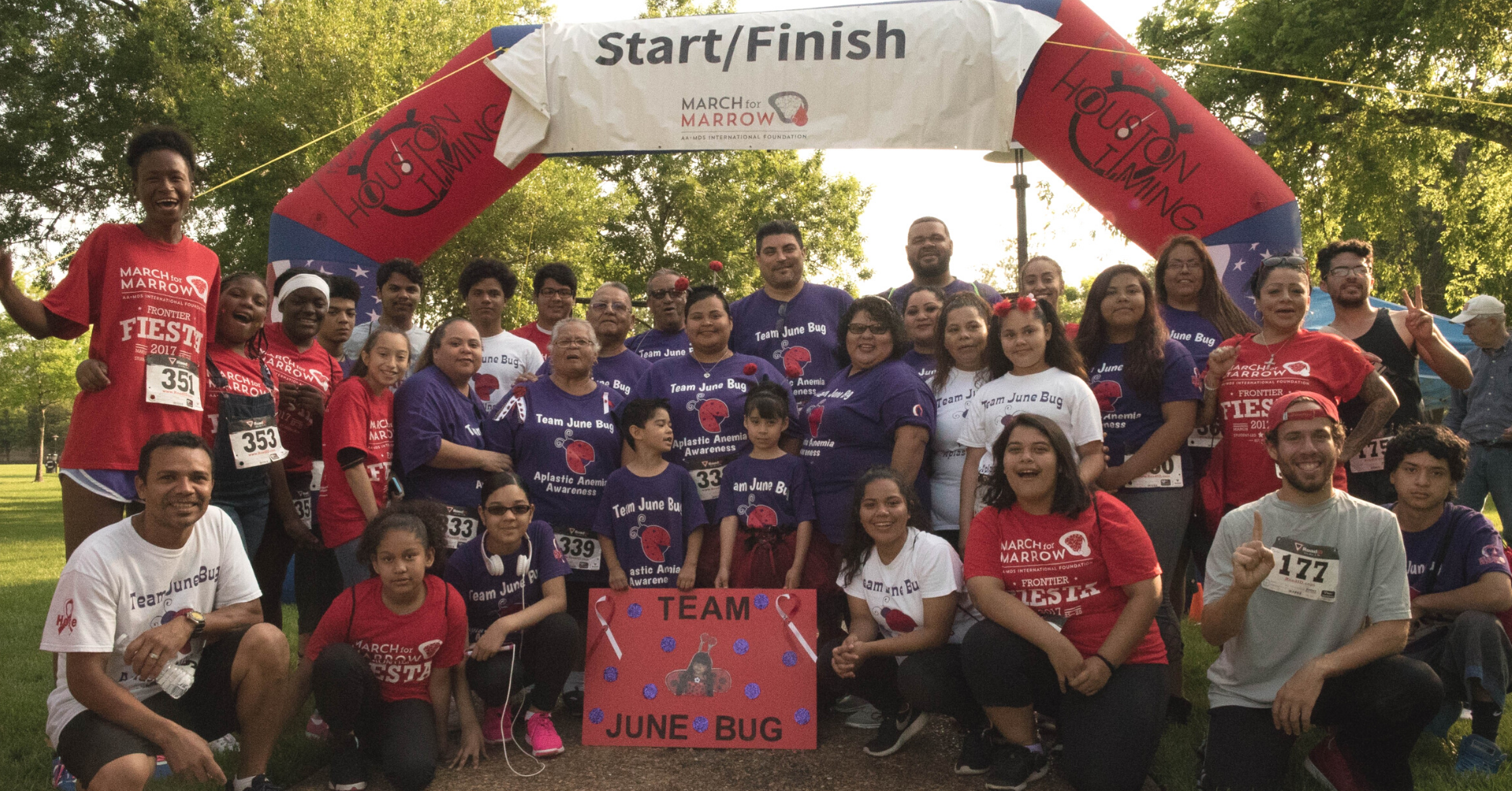Another side to effective patient behavior
The key to becoming an empowered patient is simply deciding to make your life the best it can be. People with bone marrow failure and other chronic diseases, despite certain limitations, are leading active and fulfilling lives. They have chosen to take care of themselves - living their lives to the fullest through special attention to their physical and emotional health.
What you do after your diagnosis beyond treatment-related activity can make a big difference in how successful you are in meeting this new challenge.
Caring for your body, mind and spirit
When a person becomes ill, it impacts the body, mind and spirit. These different aspects of life are intricately intertwined, and each aspect needs attention. Doctors and nurses do their best to fix the body, but the care of the mind and spirit is in the hands of patients and their loved ones. A multi-faceted approach to treating the whole individual is needed to enrich the lives of people coping with a chronic disease.
How to take care of yourself
Taking care of your body, mind and spirit while living with bone marrow failure disease covers a lot of seemingly unrelated areas, but to ensure the quality of everyday living, you will want to pay attention to all of them. Some topics cover physical health and some cover emotional health, and each has an influence on the other. Deciding to improve the quality of your everyday life takes planning and commitment, similar to the way you want to manage your healthcare and treatment. If you are both controlling your care and taking care of yourself, you are becoming an empowered patient.
Caring for Yourself Topics
In consultation with expert professionals, we have highlighted six areas that you can reference:

